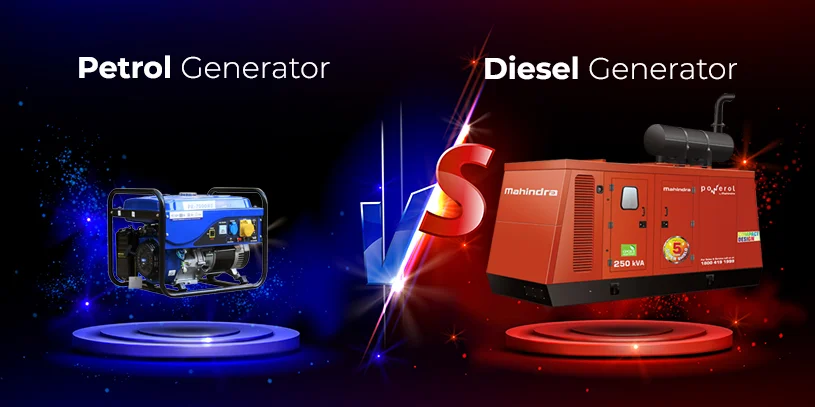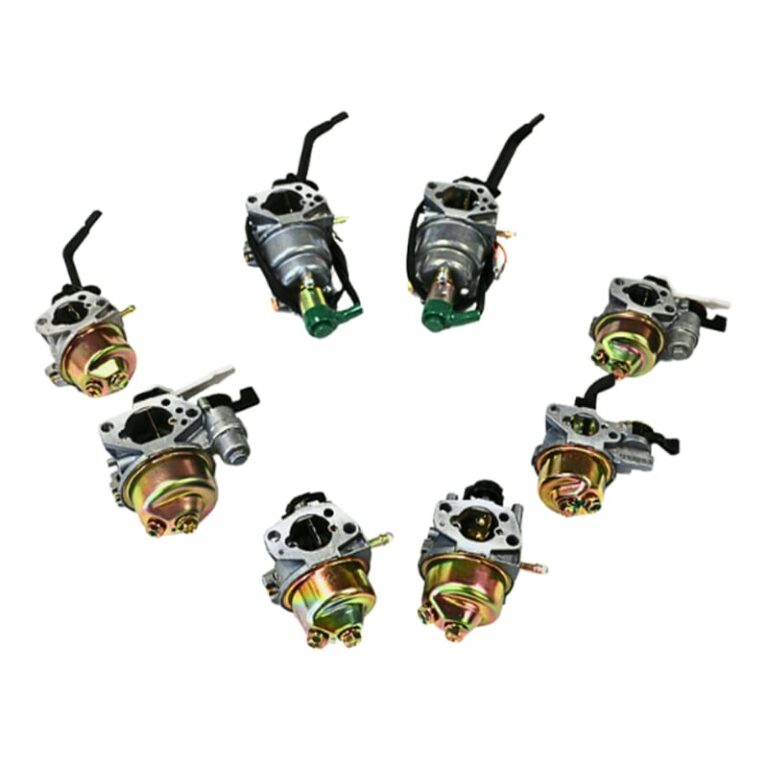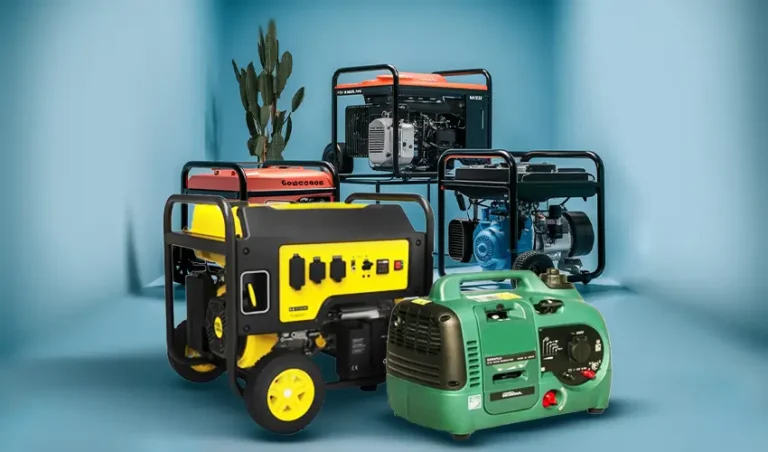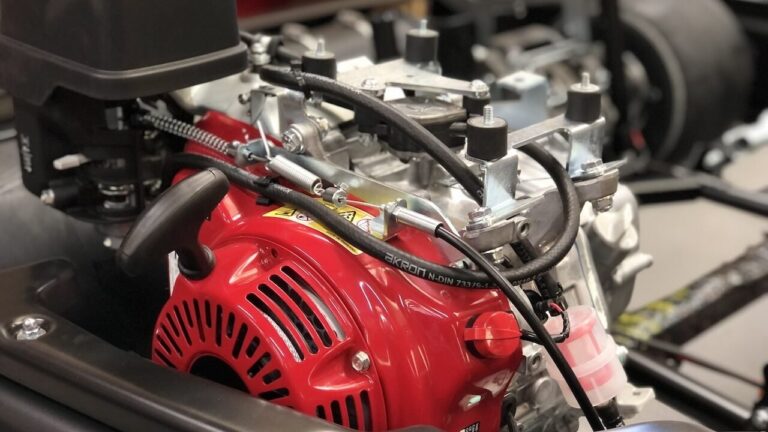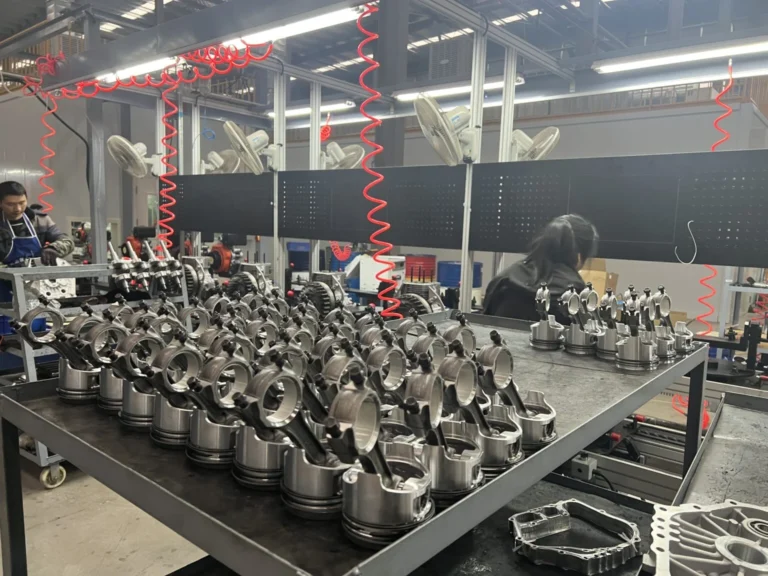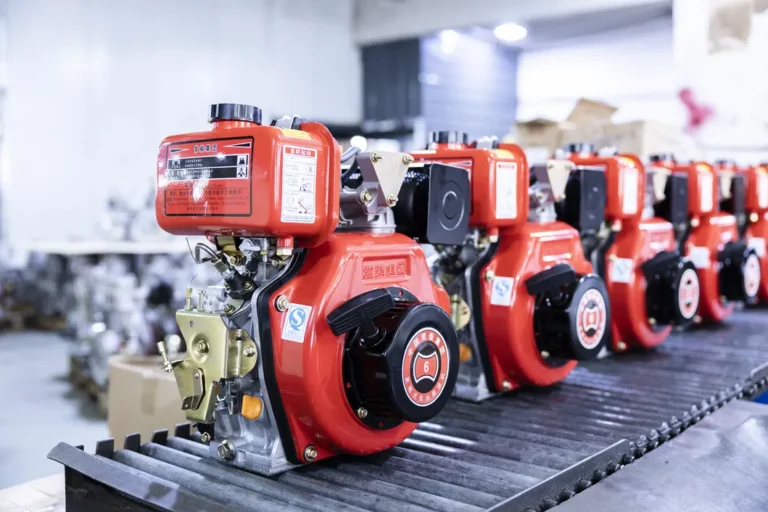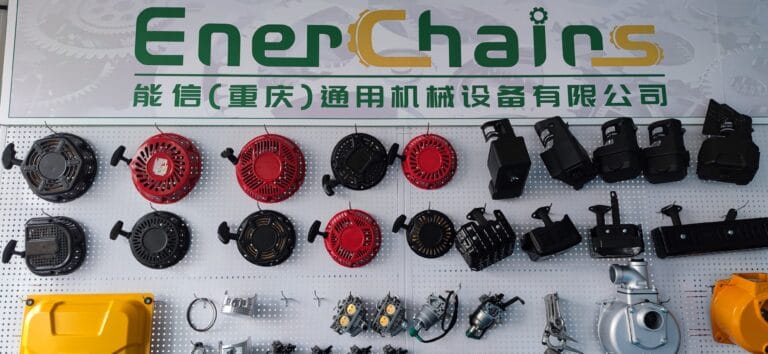Differences Between Small Gasoline Engines and Diesel Engines
1. Combustion Process
- Gasoline Engine: A gasoline engine operates on a spark-ignition system. The air-fuel mixture is compressed in the combustion chamber and ignited by a spark plug.
- Diesel Engine: A diesel engine uses compression ignition. It compresses air to a very high pressure, causing the temperature to rise and ignite the diesel fuel upon injection.
2. Fuel Efficiency
- Gasoline Engine: Gasoline engines are generally less fuel-efficient because they operate at lower compression ratios and use a lighter fuel.
- Diesel Engine: Diesel engines are known for their superior fuel efficiency due to higher compression ratios and the energy density of diesel fuel.
3. Power and Torque Output
- Gasoline Engine: Small gasoline engines produce higher power output at high RPMs (Revolutions Per Minute), making them suitable for light vehicles and tools.
- Diesel Engine: Diesel engines excel at delivering higher torque at lower RPMs, which makes them ideal for heavy-duty applications like trucks, tractors, and machinery.
4. Durability and Maintenance
- Gasoline Engine: Gasoline engines are lighter, simpler, and easier to maintain. However, they tend to have a shorter lifespan when used under heavy loads.
- Diesel Engine: Diesel engines are built with more robust materials to withstand higher compression and heavy-duty operations. They require regular maintenance but generally have a longer lifespan.
5. Noise and Vibration
- Gasoline Engine: Gasoline engines operate smoothly with minimal noise and vibration, making them quieter.
- Diesel Engine: Diesel engines produce more noise and vibration due to the higher compression ratios and combustion process.
6. Applications
- Gasoline Engine: Common in small cars, motorcycles, lawnmowers, portable generators, and other light-duty applications.
- Diesel Engine: Predominantly used in trucks, tractors, construction equipment, and industrial machinery that require higher torque and fuel efficiency.
7. Cost
- Gasoline Engine: Gasoline engines are generally cheaper upfront, as they have a simpler design and lower manufacturing costs.
- Diesel Engine: Diesel engines have a higher initial cost due to their robust construction, but their efficiency can offset the costs over time.
Conclusión Understanding the differences between small gasoline engines and diesel engines is cru

